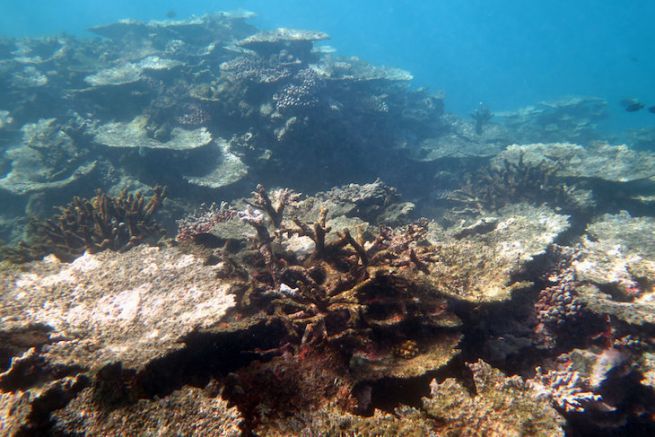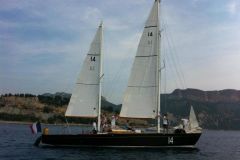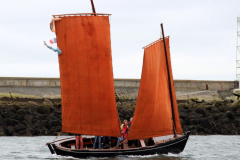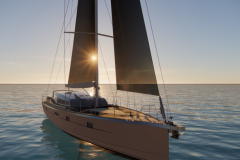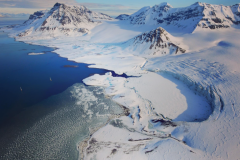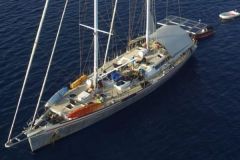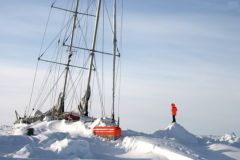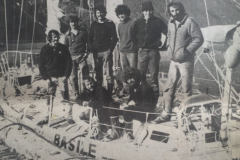Corals in very poor health in Polynesia
The Tara Foundation has been leading the Tara Pacific campaign for 3 years (2016-2018), aiming to study the isolated coral reefs of the Pacific Ocean. Their geographical location makes them unknown to scientists. This is how the scientific team (CNRS, CEA and King Abdullah University of Science and Technology (KAUST)) set down their suitcases on Upolu, one of the islands of the Samoan archipelago, in Polynesia.
While their isolation should have preserved them from the massive destruction that currently affects most of the world's corals, and the available data and satellite images suggest a great wealth of coral ecosystems, it is quite different. The corals discovered by the team are in very poor health!
To corroborate these facts, they decided to carry out a further study of the reef. Instead of selecting 3 sites, they took 124 sites around Upolu - covering more than 80 km of coastline - in order to analyse the condition of the corals and the behaviour of the fish. They found that coral cover was less than 1% in half of the sites visited and only 10% in nearly 80% of them. This is a worrisome finding, since at most sites coral death was recent. Scientists estimate that as recently as two years ago, coral cover may have been 60-80%.
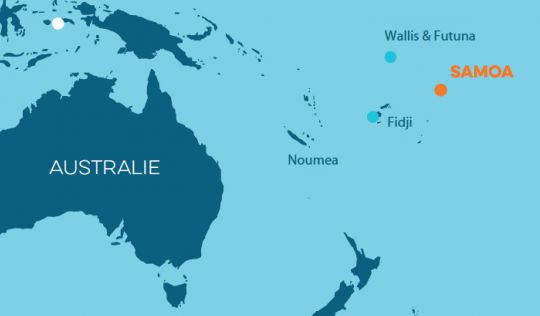
How do you explain this massive deterioration?
There are two causes for the health of corals. Firstly, global warming which has accentuated a classic meteorological phenomenon (El Niño) in 2015-2016 and increased coral bleaching. But local human activities are also believed to be accelerating this ageing process.
Indeed, at sites where there is significant human activity, 30 to 40% of dead corals are already covered with macroalgae (this coverage is 0 to 3% at sites further away from any human presence). The discharge of chemicals, sewage, waste and overfishing could impact the ability of already weakened or damaged corals to recover.
Conversely, scientists have observed healthier reefs in the heart of marine protected areas, a sign of the effectiveness of certain management approaches.
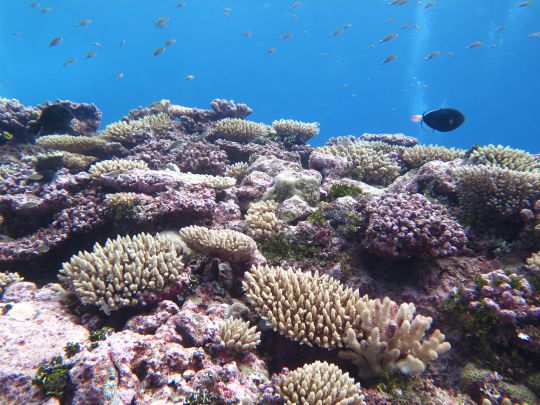
The preserved reefs of the Cook Islands © Gaëlle Quéré / Fondation Tara Expéditions
An impact on fish
The scientific team also took the opportunity to study the fish, and in particular the species they had already encountered on previous ports of call (Moorea, Aitutaki and Niue). It found that Upolu's fish are smaller and that the number of individuals per school is on average 4 to 8 times lower than on the other three islands. They are also elusive, which could be explained by intense fishing activity.
These initial analyses will be followed by further studies. The samples taken at Upolu will feed into a database that will eventually enable the reefs to be compared, distinguished and understood in terms of their capacity to resist environmental upheaval.
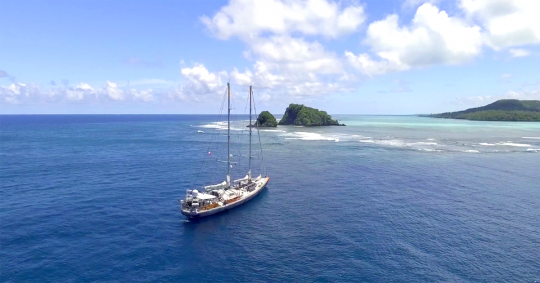
Tara off the Samoan Islands - © Pierre de Parscau / Tara Expeditions Foundation
